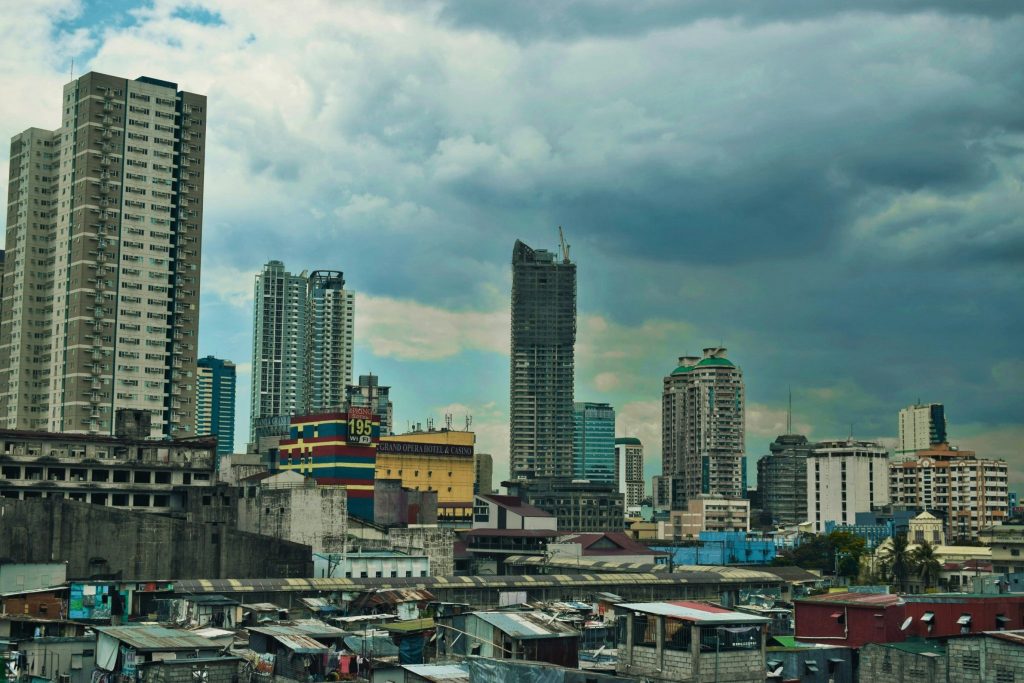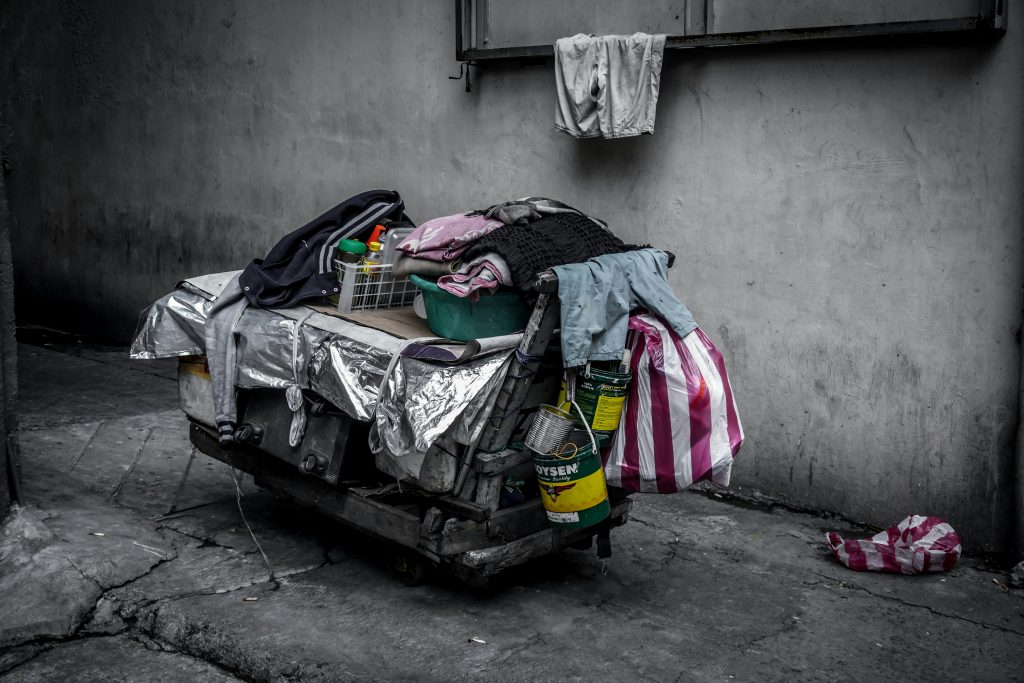Beyond Survival: How Faith Can Rewrite the Story of Economic Injustice
By Randell Tiongson on August 8th, 2025
The numbers don’t lie—and unfortunately, they don’t look good for us.

According to the Gini coefficient, a standard measure of income inequality, the Philippines ranks as one of the worst—if not the worst—among ASEAN nations. In simple terms, while some Filipinos are experiencing economic growth and global opportunity, a much larger portion of our population remains trapped in poverty and powerlessness.
The economy may be expanding, but the gap between the rich and poor continues to widen. That’s a hard truth we need to face.
But before we jump into solutions, let’s take a deeper look at why this is happening.
Why the Philippines Has High Income Inequality
1. Unequal Access to Education and Opportunities
Not all Filipinos start from the same place. Those born in urban centers often have better access to quality education, infrastructure, and job networks. Meanwhile, those in rural areas or informal settlements face barriers from the start.
2. Concentration of Wealth and Power
In our country, wealth is often held by a small number of families and corporations. Land ownership, capital access, and decision-making are centralized, making it difficult for small entrepreneurs or workers to catch up.
3. Weak Social Safety Nets
Unlike other countries with strong healthcare, unemployment insurance, or pension systems, the Philippines struggles to provide a safety net for the vulnerable. One medical emergency or job loss can push a family into poverty.
4. Structural Corruption and Patronage Politics
When systems are designed to favor a few and exclude the many, it’s no wonder inequality persists. Corruption redirects public funds away from basic services and widens the social divide.

How Can We Improve?
Fixing inequality is not just a government issue—it’s a national, societal, and even spiritual issue. Here are some starting points:
- Invest in equitable education
We need more than just classrooms—we need quality teaching, access to technology, and localized learning that reaches underserved areas. - Empower micro and small businesses
When we support grassroots entrepreneurship, we create employment where it’s needed most. Let’s promote policies and financing that help the poor create wealth, not just receive aid. - Hold systems accountable
Civic engagement is not optional. We must speak up against corruption, vote wisely, and demand systems that serve all, not just a privileged few.
How Can the Local Church Help?
The local church has a powerful, often overlooked role in addressing income inequality—not just by giving handouts, but by building people up.
- Financial discipleship: We need to go beyond tithing sermons and start teaching real-life stewardship—budgeting, saving, investing, and wise giving—from a biblical perspective.
- Holistic outreach: Job-skilling, livelihood training, business mentoring, even cooperative models—these are all things churches can champion in their communities.
- Justice advocacy: The church should be a voice for the voiceless, especially the poor and marginalized. Biblical justice means righting wrongs, not just preaching forgiveness.
“The gospel is not just about how to escape this world and go to heaven. The gospel is about how the living God has dealt with sin and is now making a new creation, and how people of all sorts are invited to be part of that new creation right now.”
—N.T. Wright
If we truly believe in the gospel of the Kingdom, then we cannot ignore the systemic brokenness around us. The gospel doesn’t just save souls—it restores lives, relationships, communities, and even economies. The local church must be on the frontlines of that work.
Our Role as Believers: Embrace Your Vocation
One of the most dangerous lies Christians believe is that only pastors, missionaries, and full-time ministers are “called.” The rest of us? Just surviving, working, and paying bills.
But that’s not the gospel.
You and I were created in the image of God—Imago Dei—to reflect His goodness, creativity, and justice into the world. That means your work, your business, your profession, your influence—they matter. They are sacred. Whether you’re an accountant, a barista, a call center agent, or a CEO—your vocation is part of God’s restoration plan.
We were not saved to escape the world. We were saved to transform it—with grace, wisdom, and justice.
Faith in the Public Square
If we believe that Jesus is Lord of all (Colossians 1:15–20), then that includes the economy, politics, society, and yes—even income distribution. Our faith must be lived out publicly—not just privately. It must influence how we vote, spend, build businesses, manage employees, treat household help, and serve the poor.
Jesus didn’t just preach salvation. He proclaimed the Kingdom of God—where the last are first, the poor are honored, and justice rolls like a river.
From Inequality to Integration
So here’s the challenge: Let’s stop compartmentalizing our faith. Let’s stop thinking that real-world problems have nothing to do with our spiritual lives.
As believers, we are not just waiting for heaven—we’re participating in God’s restoration of creation, here and now.
The Gini coefficient tells us how broken things are. But the gospel tells us that restoration is possible—through Jesus, through justice, and through people like you and me who choose to live as faithful stewards and bold image-bearers.
Let’s reflect Christ in every area of life.
Let’s bring all of Christ into all of the Philippines.


Good article